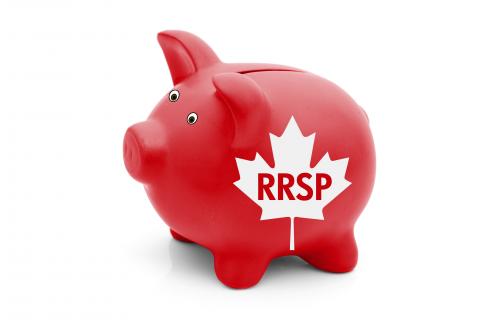Submitted by nsscadmin on

It’s January which means it’s the beginning of tax season. For many investors and advisers, it’s also Registered Retirement Savings Plan (RRSP) season. During RRSP season you may receive reminders from your adviser or see ads telling you not to miss the RRSP contribution deadline. The way this is communicated can be confusing for some investors because ads often leave out the word ‘contribution,’ and instead simply say go get some RRSPs.
During RRSP season remember two things:
- You cannot purchase RRSPs. They are not a tangible thing you can buy, and
- An RRSP is a type of financial account that can hold cash and investments.
What can you hold in an RRSP? Along with cash, you can purchase different types of Guaranteed Investment Certificates (GICs) and securities such as: stocks, bonds, mutual funds or exchange-traded funds. There are a few benefits to holding your investments inside an RRSP. Two of the benefits are:
- Tax deferral of the contribution, and
- Tax-deferred growth.
When you contribute to your RRSP, the amount you contribute is deducted from your taxable income. There is a limit to the contribution amount so make sure you know what it is before planning your contribution. Here’s an example of how this works. Let’s say your taxable income is $50,000 and you make a $5,000 contribution to your RRSP. This will reduce your taxable income to $45,000. This means that you will now pay taxes on a lessor amount.
Remember, like the deferred growth below, your contribution is a tax deferral as well. While you get the benefit of a tax deduction today, it will be income when withdrawn in the future from your RRSP.
Now let’s talk about tax deferred growth. Any growth accumulated by securities held in your RRSP is tax deferred. Instead of paying tax immediately on this growth it is deferred until you withdraw it from your RRSP account at retirement. Most people have a lower income at retirement which may result in less tax being paid on this deferred growth later in life.
The Nova Scotia Securities Commission does not provide investment advice. We are not advising or recommending the use of RRSP accounts. This post is simply to educate investors on RRSPs so they can be an informed investor when working with their adviser and making investment decisions.
